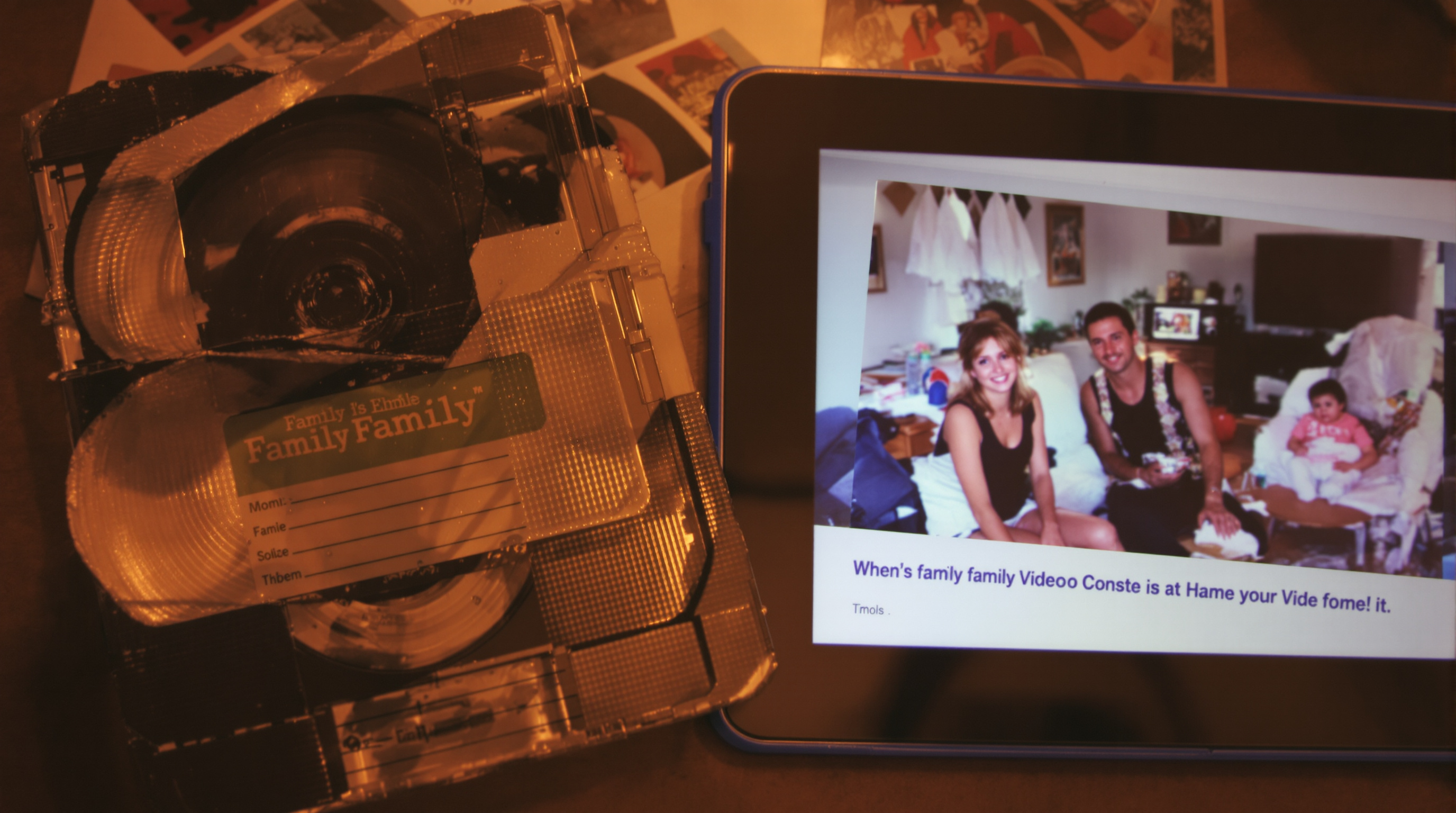VHS Tape Rescue - Preserving Memories Before They Fade Away
T.K. Broecker / 29 September 2025

Preserving VHS Memories in a Digital World
In the age of digital streaming, VHS tapes sit in basements and attics across the world, slowly deteriorating with each passing year. These plastic cassettes once revolutionized how we consumed media, allowing us to record television shows and watch movies at home. Now, these magnetic time capsules hold irreplaceable memories — family gatherings, weddings, children's first steps — that risk being lost forever due to the inevitable degradation of analog media. The race to transfer these treasures to digital formats has become increasingly urgent as the window for preservation narrows.
The Looming Threat of VHS Degradation
VHS (Video Home System) tapes, first introduced by JVC in 1976, store video and audio signals on magnetic tape wound around two spools inside a protective plastic shell. This magnetic media is inherently unstable and subject to multiple degradation factors:
- Magnetic Decay: Over time, ferromagnetic particles lose their orientation, resulting in image and sound quality deterioration.
- Physical Deterioration: The polyester tape base and binder can absorb moisture, leading to "sticky shed syndrome" where the tape becomes gummy and unplayable.
- Mold Growth: Humid environments create perfect conditions for mold, which physically damages tape and leaves permanent stains.
- Mechanical Wear: Every playback causes friction that gradually wears down the magnetic coating.
Most experts suggest that consumer-grade VHS tapes have a 15–25 year lifespan under ideal conditions. Since production largely ceased in the early 2000s, many tapes are already deteriorating. Tracking errors, color bleeding, and audio distortion are warning signs of ongoing decay. For in-depth insight into tape decay and preservation best practices, explore the Library of Congress guide on caring for audiovisual materials.
The Digital Transfer Process
Converting VHS to digital formats requires careful preparation and the right equipment:
- Equipment Assessment: Use a clean, calibrated VCR. Higher-end decks with S-Video outputs deliver better playback quality.
- Connection Methods: Options include USB capture devices, standalone DVD recorders, or professional transfer services.
- Software Solutions: Tools like OBS Studio, Elgato Video Capture, or Adobe Premiere enable capturing and editing.
- Restoration: Advanced software can reduce noise, stabilize images, and correct colors.
Quality depends on both the tape condition and equipment used. For priceless content, professional services provide the best results. If you’re looking for professional help, our VHS to Digital Transfer Service ensures high-quality conversions using calibrated equipment and archival standards.
Preparation and Preservation Techniques
Before attempting transfer, take these steps:
- Inspect & Clean: Look for mold, warping, or damage. Clean the exterior only.
- Acclimatize: Allow tapes stored in attics/basements to reach room temperature over 24–48 hours.
- Test Playback: Briefly test each tape before full transfer to catch issues early.
- Emergency Measures: Severely degraded tapes may require professional “baking” to restore playability once.
Prioritize the oldest, most valuable, or visibly deteriorating tapes first. Commercial movies (usually replaceable) should be lowest priority unless they contain unique recordings. For additional preservation standards and handling tips, see the National Archives guide on preserving magnetic media.
Giving Digital Transfers New Life
Digitizing is just the start. Preserved footage gains new value through:
- Organization: Use consistent file names and add metadata like dates, names, and events.
- Multiple Backups: Follow the 3-2-1 rule — 3 copies, 2 media types, 1 offsite or cloud.
- Creative Repurposing: Make highlight reels, photo books, or share clips on social media.
- Accessibility: Add subtitles, enhance sound, or create edited versions for easy viewing.
Beyond personal archives, digitized VHS often contributes to documentaries, local history, and education. What seems ordinary today could be invaluable tomorrow. To explore long-term strategies for digital video preservation, consult the Digital Preservation Coalition’s Audiovisual Media Handbook.
The race against VHS degradation is more than technical — it’s about rescuing irreplaceable memories. With timely action, we can give these analog treasures a lasting digital life.